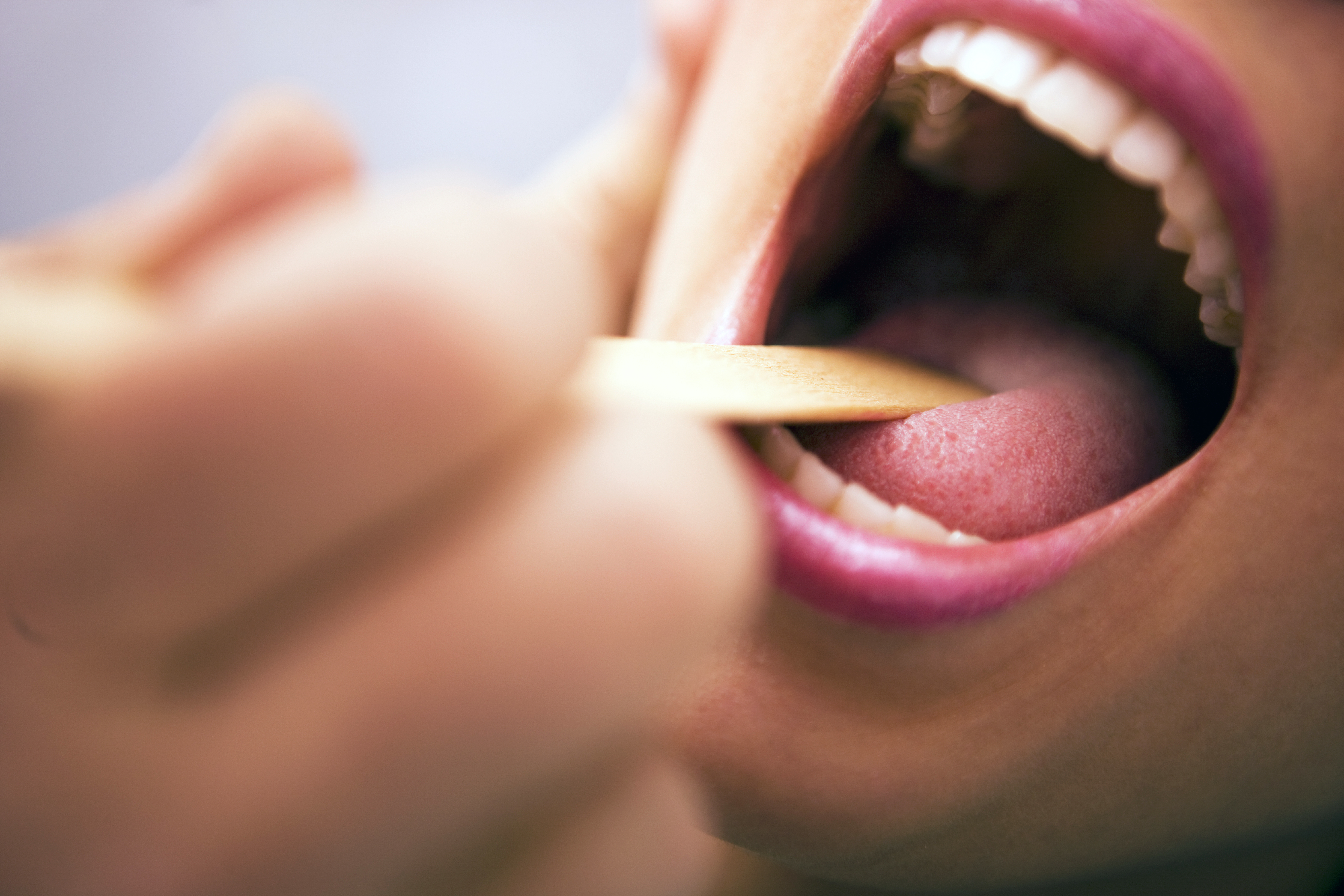- Diseases
- Acoustic Neuroma (16)
- Adrenal Gland Tumor (24)
- Anal Cancer (70)
- Anemia (2)
- Appendix Cancer (18)
- Bile Duct Cancer (26)
- Bladder Cancer (74)
- Brain Metastases (28)
- Brain Tumor (234)
- Breast Cancer (726)
- Breast Implant-Associated Anaplastic Large Cell Lymphoma (2)
- Cancer of Unknown Primary (4)
- Carcinoid Tumor (8)
- Cervical Cancer (164)
- Colon Cancer (168)
- Colorectal Cancer (118)
- Endocrine Tumor (4)
- Esophageal Cancer (44)
- Eye Cancer (36)
- Fallopian Tube Cancer (8)
- Germ Cell Tumor (4)
- Gestational Trophoblastic Disease (2)
- Head and Neck Cancer (14)
- Kidney Cancer (130)
- Leukemia (342)
- Liver Cancer (50)
- Lung Cancer (286)
- Lymphoma (278)
- Mesothelioma (14)
- Metastasis (30)
- Multiple Myeloma (100)
- Myelodysplastic Syndrome (60)
- Myeloproliferative Neoplasm (6)
- Neuroendocrine Tumors (16)
- Oral Cancer (102)
- Ovarian Cancer (178)
- Pancreatic Cancer (160)
- Parathyroid Disease (2)
- Penile Cancer (14)
- Pituitary Tumor (6)
- Prostate Cancer (150)
- Rectal Cancer (58)
- Renal Medullary Carcinoma (6)
- Salivary Gland Cancer (14)
- Sarcoma (238)
- Skin Cancer (300)
- Skull Base Tumors (56)
- Spinal Tumor (12)
- Stomach Cancer (66)
- Testicular Cancer (28)
- Throat Cancer (92)
- Thymoma (6)
- Thyroid Cancer (100)
- Tonsil Cancer (30)
- Uterine Cancer (86)
- Vaginal Cancer (18)
- Vulvar Cancer (22)
- Cancer Topic
- Adolescent and Young Adult Cancer Issues (22)
- Advance Care Planning (12)
- Biostatistics (2)
- Blood Donation (18)
- Bone Health (8)
- COVID-19 (360)
- Cancer Recurrence (120)
- Childhood Cancer Issues (120)
- Clinical Trials (628)
- Complementary Integrative Medicine (22)
- Cytogenetics (2)
- DNA Methylation (4)
- Diagnosis (238)
- Epigenetics (6)
- Fertility (62)
- Follow-up Guidelines (2)
- Health Disparities (14)
- Hereditary Cancer Syndromes (128)
- Immunology (18)
- Li-Fraumeni Syndrome (8)
- Mental Health (122)
- Molecular Diagnostics (8)
- Pain Management (62)
- Palliative Care (8)
- Pathology (10)
- Physical Therapy (18)
- Pregnancy (18)
- Prevention (936)
- Research (390)
- Second Opinion (78)
- Sexuality (16)
- Side Effects (616)
- Sleep Disorders (10)
- Stem Cell Transplantation Cellular Therapy (216)
- Support (408)
- Survivorship (328)
- Symptoms (182)
- Treatment (1788)
What is leukoplakia? Symptoms, risk factors and treatment
3 minute read | Published September 18, 2024
Medically Reviewed | Last reviewed by an MD Anderson Cancer Center medical professional on September 18, 2024
Leukoplakia is the scientific name for abnormal white patches that develop inside the mouth. They can be a symptom of oral cancer or a pre-cancerous lesion.
So, how do you tell the difference between leukoplakia, oral thrush, canker sores and other conditions that can cause white patches in the mouth? And, when should you see a doctor?
Read on for answers to these questions and more.
Are all types of leukoplakia cancerous?
No. Some are considered pre-cancerous conditions because the lesions contain abnormal cells called dysplasia or hyperkeratosis, which could turn into cancer in the future. This process could take anywhere from months to years, depending on the type of lesion, location, and the severity of the dysplasia.
What are the different types of leukoplakia?
We divide them into four general categories:
- Homogeneous leukoplakia: These lesions are relatively thin and have an even texture. Almost none of these lead to cancer.
- Non-homogenous leukoplakia. These tend to be thick, cracked and multiple colors. They’re more likely to become cancer.
- Proliferative verrucous leukoplakia. This type has little finger-like projections on it. It’s considered the most aggressive of the group and the most likely to turn into cancer.
- Hairy leukoplakia. This one is not very common. It’s mostly seen in patients with compromised immune systems, as well as those who’ve been exposed to the Human Immunodeficiency Virus (HIV) or the Epstein-Barr virus.
Does leukoplakia hurt or itch?
It can, but that’s not typical. It can cause discomfort when leukoplakia turns out to be lichen planus, an autoimmune disorder that also causes white patches in the mouth. Lichen planus can cause itchy, painful lesions on the skin, too, especially when they’re close to blood vessels and nerve endings, or they become infected.
How do you know if you have leukoplakia or some other condition?
The easiest way to tell is by trying to rub it off. Unlike oral thrush, leukoplakia can’t be scraped off.
But not every white patch in the mouth is leukoplakia. If you accidentally bite the inside of your cheek or burn the roof of your mouth on hot pizza, those white patches are not leukoplakia.
Chewing gum or sucking breath mints can also create keloids, or little thickened areas of scar tissue if you always tuck them into the same places inside your mouth.
Remember, leukoplakia is not very common. It occurs in only about 2% of the population, normally in individuals over age 40.
But if you’re concerned, ask your doctor for a biopsy. That’s the only way to find out for sure what’s going on.
Can leukoplakia be treated?
Yes. Leukoplakia can be treated with surgery or lasers.
Are there certain things that increase my risk for leukoplakia?
Yes. That’s why we take the medical histories of every patient, so we can explore why it might be occurring. Alcohol and tobacco use are the top two risk factors for oral cancer. That’s why leukoplakia is sometimes called “smoker’s keratosis.”
But leukoplakia can also be caused by ill-fitting prostheses, nightguards or dentures, or using very hard-bristled toothbrushes. Anything that traumatizes the soft tissues of the mouth can cause leukoplakia.
Does leukoplakia ever go away on its own?
Leukoplakia may go away on its own. If you remove the source of irritation, the affected tissue can sometimes heal. But see a doctor or dentist if it doesn’t go away — or at least get better — within two weeks.
Leukoplakia doesn’t usually turn into cancer. But it can be a pre-cancerous condition, so it’s important to get checked it out.
Request an appointment at MD Anderson online or call 1-844-999-2721.
Related Cancerwise Stories

Anything that traumatizes the soft tissues of the mouth can cause leukoplakia.
Mark Chambers, D.M.D.
Oral Oncologist






